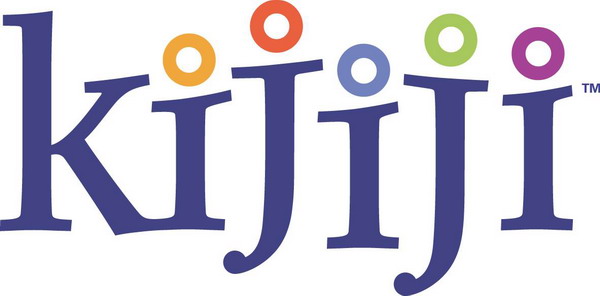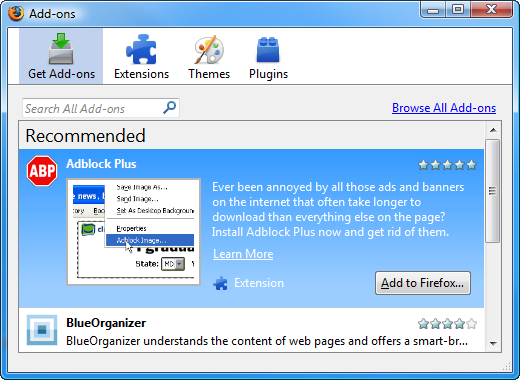
Over the past six months, I’ve been using eBay less and using Kijiji more. I’ve found that eBay is increasingly a home for professional sellers, with jacked up shipping prices, fixed “Buy It Now” selling prices instead of bidding, and it’s hard to search for anything without finding endless listings of knock-off accessories and bundles instead of the product you’re really searching for. Then there’s the whole feedback thing, where I’ve been hit with negative feedback from sellers when I’ve complained to them about their shoddy selling practices. The feedback issue has been largely fixed, but somehow when I browse eBay now I feel like something has gone horribly wrong with it.
Kijiji on the other hand, which interestingly enough is an eBay company, is a completely difference experience. It was created to compete with Craigslist. I’ve never actually used Craiglist for anything, largely because I didn’t realize until last year that it was available for use outside the USA. I personally find it extremely ugly, like a DOS BBS from 15 years ago. At any rate, Kijiji looks great, is a fast site, and works really well. I’ve sold a few things on it, but I’m still pretty new at it.
And so we come to the question: what’s the ettiquette for selling things via classified ads when it comes to fielding multiple inquiries? Last month I was selling a Samsung CDMA mobile phone – it was a few years old, and I just wated to get rid of it, so it was at a fire-sale price of $10. I had six inquiries, one person even wanted me to ship it across Canada to them. One woman said she’d show up to look at it, but never did, and I ended up selling it to another person. The point is, I considered it un-sold until I had the money in my hands. I think of Kijiji like a one-item garage sale – the first person to pay for it, gets it.
A couple of weeks ago, I was selling a motherboard + CPU, and it went much like the sale of the phone: several inquiries, and on Thursday afternoon one guy wanted to come see it on a Friday morning, with the intention of purchasing it. As I was exchaning email messages with him, another guy called and said he’d come and buy it on Thursday night. I didn’t tell the Friday morning guy it was sold, because it wasn’t yet, and for all I knew the Thursday night guy wasn’t going to show up. He did show up, and after I sold him the motherboard + CPU, I immediately emailed the Friday morning guy and told him the products were sold. Friday morning guy got quite irate with me, claming that I wasn’t being fair to him; that he had already re-arranged his schedule to come and pick up the motherboard + CPU, and I shouldn’t have sold it to someone else.
So what’s the proper etiquette when selling items via classified ads – do you stop selling it and pull the ad when someone says they’re going to come buy it? Or is it first come, first serve – the first person to show up with the money gets it? Did I wrong Friday morning guy by not selling it to him?






